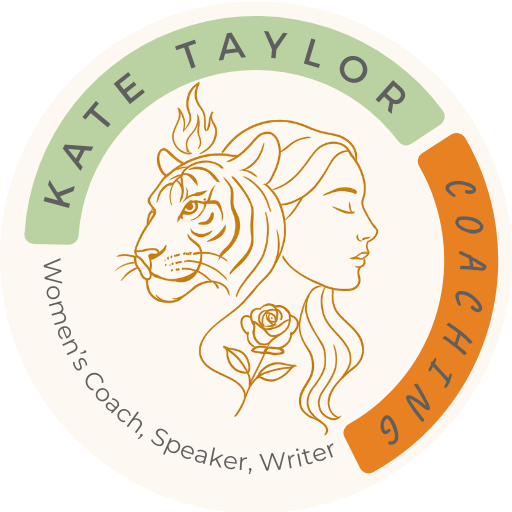When you strip everything back—whether it’s a chat with your boss, a first date, or helping a client—it’s all about one person talking to another. This is something I realised years ago when I was working with clients. Back then, I thought my job was to focus on outcomes: how many people signed up, hit their goals, or stuck around. But something changed when I stopped trying to impress and started genuinely connecting with people as individuals.
Suddenly, I felt calmer and more at ease in every interaction. And the people I spoke to? They responded better too. Some became clients, others moved on, and a few I even referred elsewhere. But the best part was how much I enjoyed the process. It taught me that every interaction—no matter the context—is about people first. And when you see it that way, everything becomes clearer, calmer, and much more rewarding.

Building Relationships, Not Outcomes
When you focus on connecting with someone rather than the end result, the pressure lifts. This is true in any situation—professional, personal, or romantic. Take dating as an example. It’s easy to start a date thinking about whether this person could be “the one.” But that mindset can create pressure and hold you back from actually getting to know them. After checking your basic non-negotiables (like shared values or life goals), the best thing you can do is focus on them as a person. What makes them laugh? What’s important to them? How do they see the world?
The same goes for work relationships. Once the essential tasks are sorted—say, a manager ensuring deadlines are met or a report being handed in—the rest of your time can be spent learning how the people you work with tick. Maybe you notice a colleague thrives on quick check-ins or that your boss appreciates a written summary instead of a long email. When you see everyone as a unique individual, relationships grow stronger.
Even in a big business deal, the principle still applies. B2B, B2C—it’s all human-to-human at the end of the day. Someone at one company is talking to someone at another. The stronger your personal connection, the smoother things will go.
The Power of Expectations and Communication
Unspoken expectations are often the root of frustration or disappointment. I’ve been there myself. Just last week, my partner was preparing for a two-day trip. I’d cleared my whole day so we could spend it together, but he spent most of it on his computer. I felt frustrated and upset—until we talked. It turned out he had a huge amount of prep to do and didn’t know I’d cleared my schedule. He said, “If I’d known, I could’ve told you I’d be busy, and we could’ve planned differently.”
It was such a learning moment for me. I realised I’d set an expectation without communicating it. This week, I handled it differently. We had a date night planned, and instead of assuming, I checked in early: “What’s important to you tonight? Here’s what matters to me.” It made all the difference.
Expectations are tricky because we don’t always realise we have them. But when you feel frustrated or let down, it’s a great time to reflect. Ask yourself:
- What was I expecting to happen?
- Did the other person know?
- Did they agree?
When you notice an expectation, you have two choices: let it go or communicate it. If the expectation is about something you can’t control—like how someone reacts to a gift—it’s usually best to let go. But if it’s about something that requires agreement, like who’s cooking dinner or what’s on the agenda for a meeting, clear communication is key.
Accountability and Strengthening Connections
Accountability plays a huge role in maintaining strong relationships. If you’ve agreed to something, it’s important to follow through. And when others agree to something but don’t meet the expectation, it’s worth revisiting the conversation.
Let’s say your partner agrees to take the bins out but doesn’t do it. If they explain that they’ve had a hectic day with back-to-back meetings, you might adjust the expectation and take the bins out yourself. But if they simply didn’t want to do it or decided you could handle it, that’s a different issue. If this kind of thing happens repeatedly, it may be time to reassess the relationship itself.
This goes both ways. Before agreeing to any expectation, think carefully: Am I willing and able to do this? Sometimes, people say yes out of habit or pressure, only to let others down later. It’s far better to pause, reflect, and be honest about what you can commit to. This protects relationships in the long run and helps you avoid unnecessary stress.
At its heart, treating interactions as human-to-human is about balance. We connect best when we let go of unrealistic expectations, communicate clearly about what we need, and honour our commitments. These skills aren’t always easy, but they’re worth building. Because whether you’re working, dating, or just catching up with a friend, the quality of your interactions shapes the quality of your relationships—and ultimately, your life.
